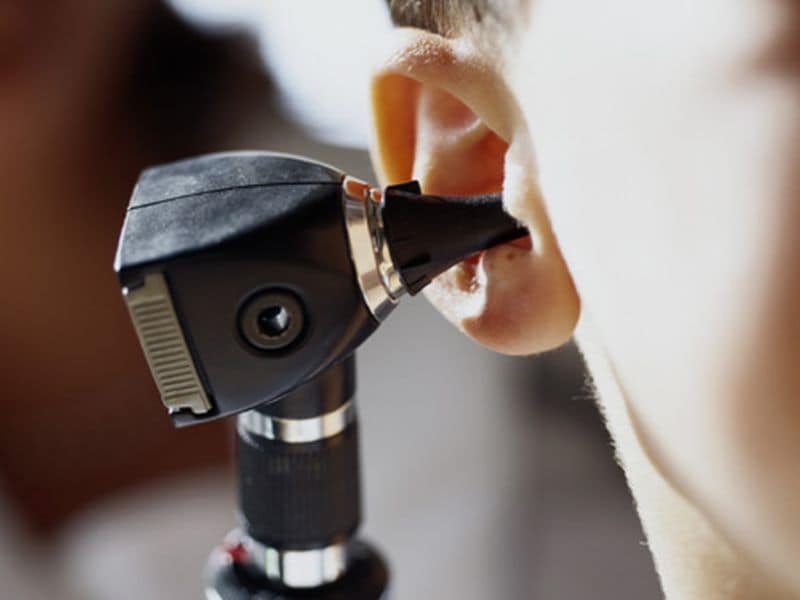Children who were deaf/hard of hearing who entered EI early more likely to be ready for kindergarten
MONDAY, Sept. 28, 2020 (HealthDay News) — Children who are deaf or hard of hearing (D/HH) who are enrolled in early intervention (EI) by 6 months of age are more likely to be ready for kindergarten than those who enter EI later, according to a study published online Sept. 28 in Pediatrics.
Jareen Meinzen-Derr, Ph.D., M.P.H., from the University of Cincinnati, and colleagues examined the long-term impact of EI on outcomes of kindergarten readiness in children who are D/HH. Data were included from the Ohio Early Hearing Detection and Intervention Data Linkage Project, which linked records for 1,746 infants identified with permanent hearing loss born from 2008 to 2014; kindergarten records were available for 417. Kindergarten Readiness Assessment scores were available for 385 children.
The researchers found that the likelihood of demonstrating kindergarten readiness was increased for children who were D/HH and entered EI early (before age 6 months; 222 children) compared with those who entered EI later (after age 6 months; 33.8 versus 20.9 percent). The levels of kindergarten readiness were similar for children who entered EI earlier and all Ohio students (39.9 percent). Compared with children who entered EI later, those who entered EI early were more likely to be ready for kindergarten after controlling for confounders (odds ratio, 2.02).
“Ensuring that children who are D/HH receive what is developmentally necessary is important to building critical foundational skills before kindergarten,” the authors write.
Copyright © 2020 HealthDay. All rights reserved.








